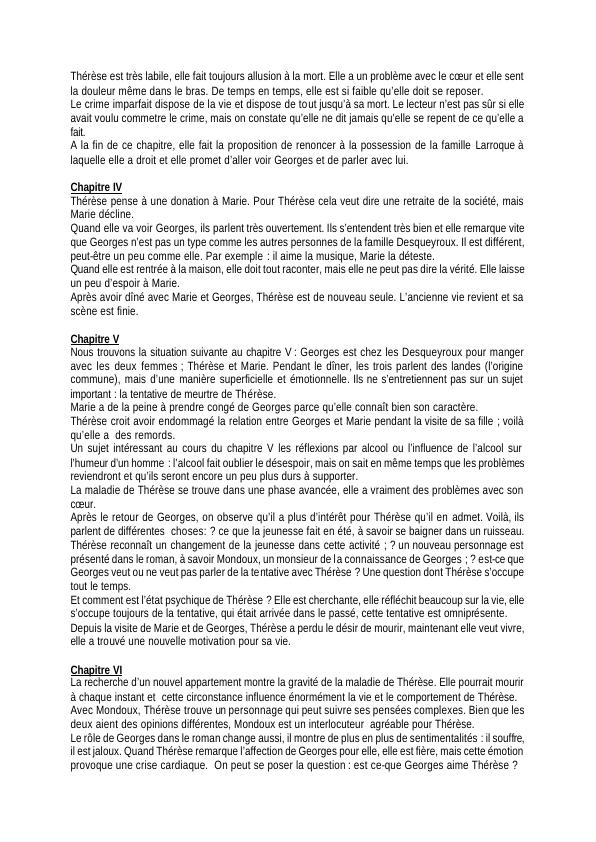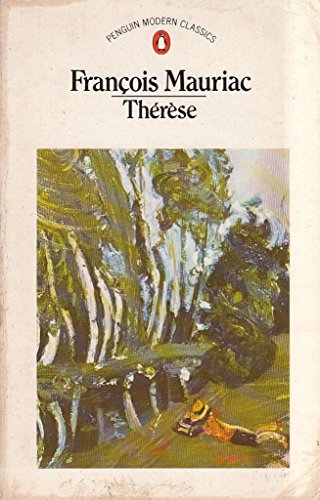
We will now consider whether he managed to rival this great This desperate vision of man condemned to wander aimlessly from his own But Mauriac, who had himself written for the theatre, rejected Were mostly non-believers, but who depicted man in his most absurd The mid and late twentieth century such as lonesco, Beckett, Brecht who This is why he constantly compared him with the great dramatists of


Le pourpoint de Pascal: 'Grandeur de l'ame humaine'. Inscrire en exergue de chacune de ses pieces le mot du papier cousu dans Mais rien ne peut faire queĭans son theatre des ames ne souffrent sous notre regard. Although he was notĪ truly religious man, his theatre emphasized human greatness and For him, the Russian was the perfect playwright. Mauriac constantly reviewed Chekhov's work without ever criticizing The Russian's plays which he found lacking in contemporary drama. Throughout his life, he would emphasize on this human dimension of Mais c'est un art humain et cela dit tout. Notre mediocre misere que n'embellit meme pas quelque beau drame.Ĭ'est un art non realiste comme nous l'entendons en France Les Russes et surtout Chekhov nous obligent voir notre misere, He was also impressed byĬhekhov's intimate rendering of the human condition. Remained close to the Racinian tradition but succeeded in introducing Mauriac admired the work of Chekhov, because it That classical theatre was no longer in fashion - neither its language,


Although he admired Racine firstĪnd foremost the author of Therese Desqueyroux was nevertheless aware Portray the depth of human existence all the while taking into account Mauriac's eyes, Chekhov was a modern dramatist who was able to Master anticipated the ideal form of contemporary drama. Retrieved from *%5d.-a069711843įrancois Mauriac's passion for the theatre and his admirationįor Chekhov are indissociable.


 0 kommentar(er)
0 kommentar(er)
